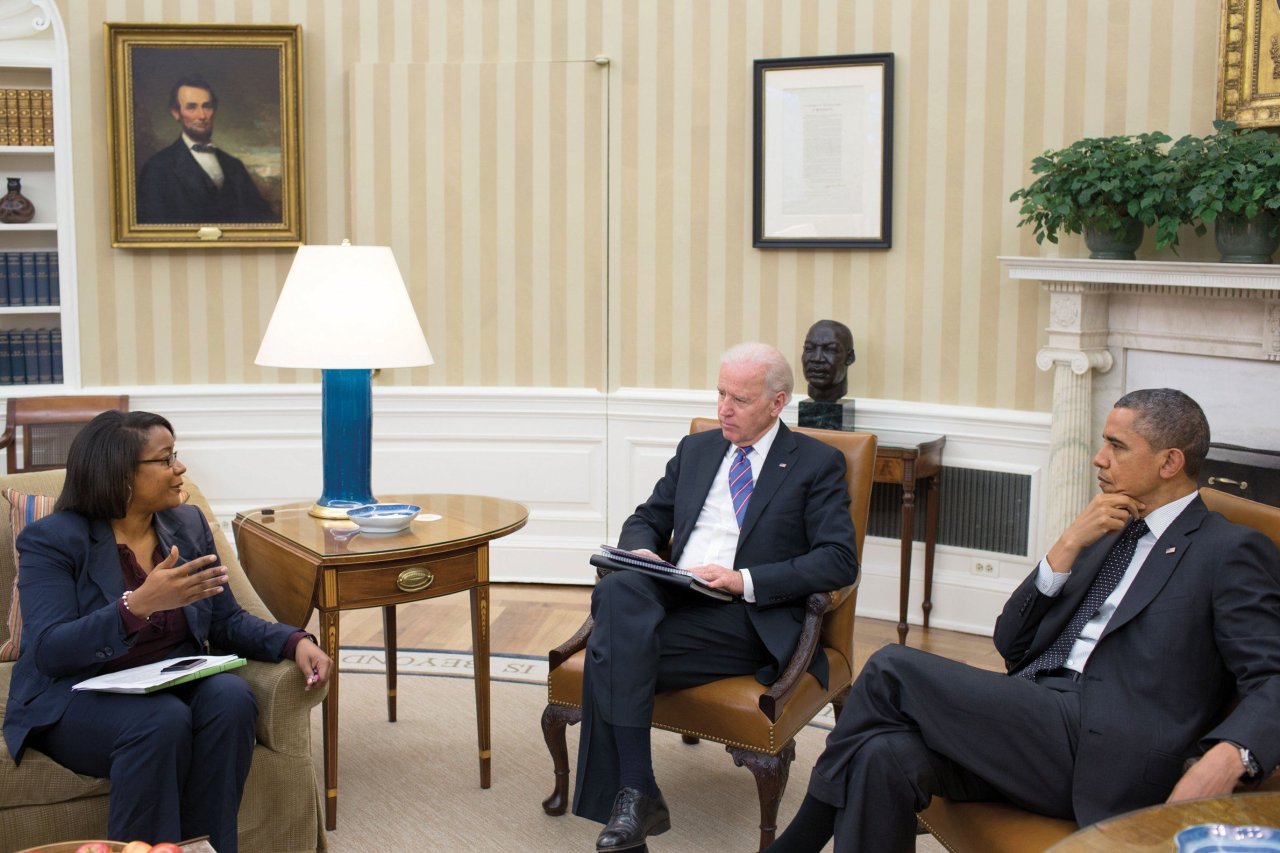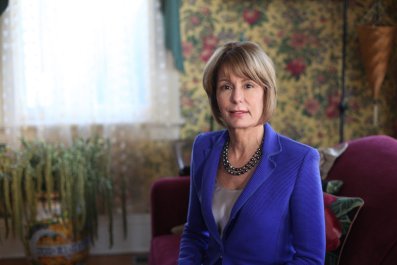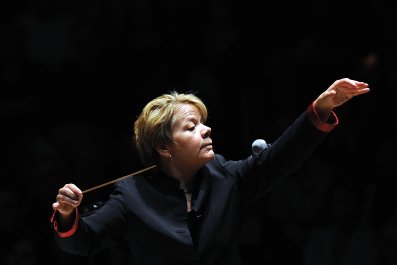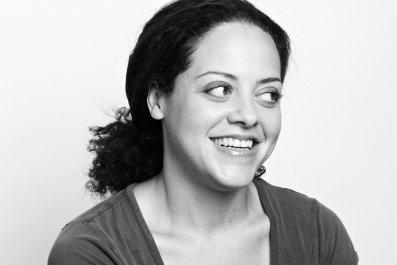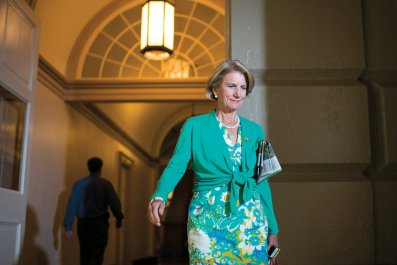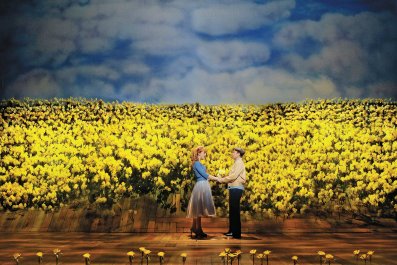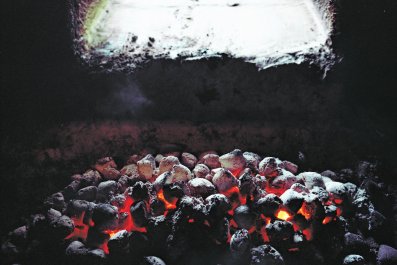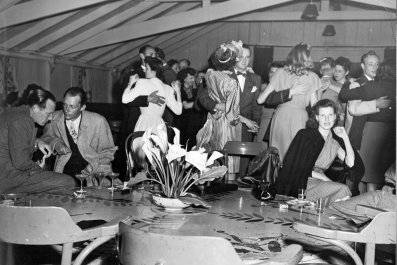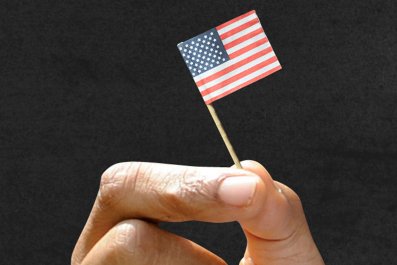Danielle Gray represents a rare but real archetype every White House needs: she is the most powerful staffer you've never heard of. Gray, 35, is President Obama's cabinet secretary, the liaison between the White House and the cabinet. Far more than a high-level traffic cop, she is a policy maven, a legal troubleshooter, and a practitioner of shuttle diplomacy between White House aides and agency officials who regularly butt heads.
It's a key job in Obama's second term in part because of the reality that time is running out to secure a lasting domestic agenda. But Gray's role has taken on particular importance because during much of Obama's first term the relationship between the White House and the cabinet was marked by dysfunction and mutual distrust. White Houses over time have become increasingly insular in their decisionmaking, relying less and less on advice from the so-called outer cabinet to formulate policy. The relationship reached new lows in the first couple of years of the Obama administration. Stories abounded of White House aides rolling their eyes at the mention of certain agency heads they considered inept or intrusive. Meanwhile, members of the cabinet routinely felt cut out of the policy loop and treated as mere political props.
Obama felt isolated from his own cabinet, aides say. He decided he wanted a more inclusive process, and in January 2013 he tapped Gray—who had held a number of policy and legal positions in the White House—to help repair the relationship. Obama, aides note, was impressed with Gray's good judgment as well as her direct and drama-free demeanor.
According to officials on both sides of the divide, she has succeeded by just about every measure. But perhaps the clearest indication of Gray's success is her popularity with members of the cabinet. Education Secretary Arne Duncan says that when Gray was entertaining job offers in the private sector at the end of the first term, he "literally begged her to stay." He says "morale and camaraderie" in the cabinet have improved considerably since Gray took the job. "The reason I like her is that she is so nontypical of Washington," says Duncan. "She is smart as a whip, totally no-nonsense, and has zero ego."
Other cabinet members view her as an honest broker when it comes to policy. Still, that doesn't mean she lacks political convictions. Friends and colleagues say an overriding concern for Gray is reducing economic inequalities and identifying polices to help lift the poor into the middle class. A senior Obama adviser, who declined to be identified, characterized Gray as a "force for the progressive side" of the administration.
Gray has a résumé that in many ways seems tailored for her job. A graduate of Harvard Law School, she clerked for Judge Merrick Garland, who sits on the federal appeals court in Washington. (She was recommended for the clerkship by her Harvard Law professor, now Supreme Court justice, Elena Kagan.) She went on to clerk for Supreme Court Justice Stephen Breyer before joining a major New York law firm. Gray worked on Obama's 2004 Senate campaign and later took on a key policy role on his presidential campaign. Showing an unusual facility for the interplay between policy, politics, and law, Gray rose quickly in the Obama White House, first as a lawyer in the counsel's office and later as deputy director of the National Economic Council.
Lately Gray has been an instrumental player in a number of key policy areas, including the massively complex and politically treacherous implementation of Obamacare. She has also played an important role in managing the rollout of Attorney General Eric Holder's initiative to reform the U.S. criminal-justice system. In that case, Gray dealt diplomatically with the ever-sensitive question of who would announce the new policy—the White House or the Department of Justice. Often the president's political advisers and communications staff want to make sure that the president gets maximum political credit from an announcement. This time the attorney general unveiled the proposal in a major speech in San Francisco.
What comes next for Gray? Pretty much anything she wants, if you ask her legions of admirers both inside and outside the administration. Some say she might end up as a cabinet member herself; others float the possibility of a federal judgeship (her Harvard Law classmates voted her most likely to become a Supreme Court justice). Wherever she ends up, her colleagues in the administration hope the offers don't come any time soon. Or else Arne Duncan will have to start begging again.


